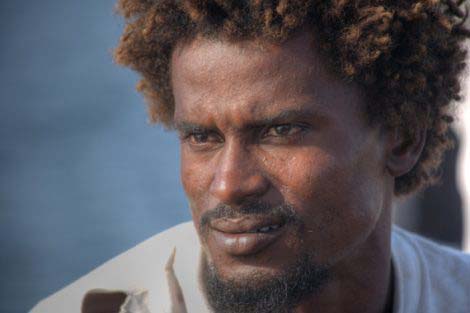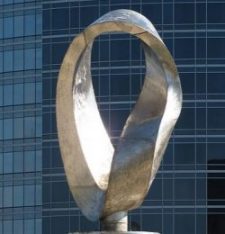Who am I Really? Approaches to Renewal, Part 3

“Who am I really?” If you “Google” this phrase, you get over 3 billion hits. It’s a central question, reaching right to the core of our lives.

As we continue from Part 1 and Part 2 in this Approaches to Renewal series, we might ask, “Why does this question of real, genuine identity matter?”
In part, the answer rests on the human need for belonging or inclusion. It is certainly true that, as the late U. Michigan Prof. Christopher Peterson succinctly put it, other people matter. Bonds with other people, and a sense of belonging represent fundamental human needs. This sense of belonging helps to create a sense of value and meaning in life, and can help with the pain in life. Belonging does give us a certain kind of identity, which is very important.
Yet there are other pressing questions for the individual around identity, represented by questions like, “Who am I really?” While a sense of belonging brings many benefits, at some point, for many people, the question becomes “So, this is who the group is… but who am I?” There can be a sense of needing to understand that “I” — and to live out of it.
The Centrality of “I”
We need a fixed point from which to understand the world as it happens around us. That is our subjective self, which /a-midlife-transitions call the ego, and which we usually call the “I”. As Jungian analyst Robert A. Johnson tells us, “Like a dancer or a child on a merry-go-round, we must fix our eyes on something solid so as not to become dizzy or lose our balance.”
We need this subjective to make our way in the world. In the West, at least, this sense of self or “I” is a centrally important thing to the sense of value or meaning in life. Yet, as many philosophers and others have pointed out, it’s hard sometimes to pin down what it is to which this sense of “I” refers.

The Paradox of Identity
Johnson describes for us what he calls the “paradox of identity”. He observes that we go through life trying to answer this question of “Who am I really?”, and,
As we create ourselves, it is inevitable that life will move into particular structures and forms…. Our choices become increasingly restricted as we rely on what is familiar and as we strive to be consistent with who we already are, and how others expect us to be…. We seek structure, form and meaning, and then we become limited by our structures, forms and meanings…. [T]he ego with which we identify is an accumulation of old habits conditioned by past experience…
Robert A. Johnson and Jerry M. Ruhl, Ph. D. Living Your Unlived Life
So, this is the paradox: we seek to find an identity by doing, thinking and being things that seem to us to be consistent with our understanding of “who we really are”. Yet, by doing this, we end up getting stuck and confined to the parts of ourselves that we have already seen — and we end up alienated from the parts of ourselves that we have yet to get to know.
Wholeness vs. Provisional Identity
Jungians often emphasize the wholeness of the personality, stressing that there are always parts of ourselves that remain to be explored. They stress that our idea of who we are is never as large or comprehensive as who we really are. And, as with all /a-midlife-transition, they stress that there is healing and wholeness to be found in those parts of ourselves that we have not yet explored, or lived out. For the journey towards wholeness into those unknown parts of the Self brings the promise of freedom, self-compassion and meaning.
Brian Collinson, Registered Psychotherapist & Jungian Psychoanalyst
[cta]
